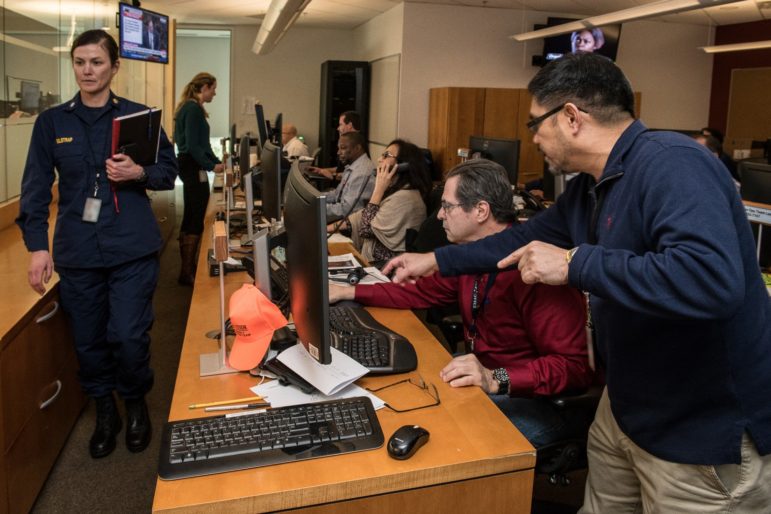
Case Studies
Investigative Journalism on the COVID-19 Crisis
Journalists around the world are investigating many angles of the coronavirus pandemic. GIJN has collected some of the best reporting to date, hoping these 50 examples from 17 countries will inspire even more investigative journalism.



